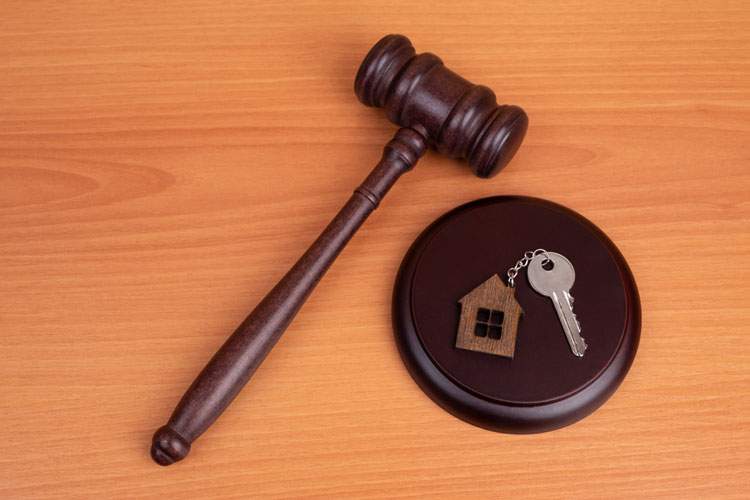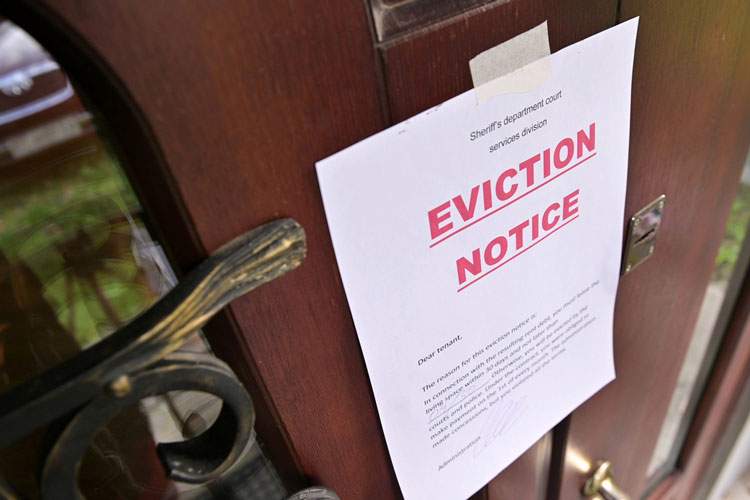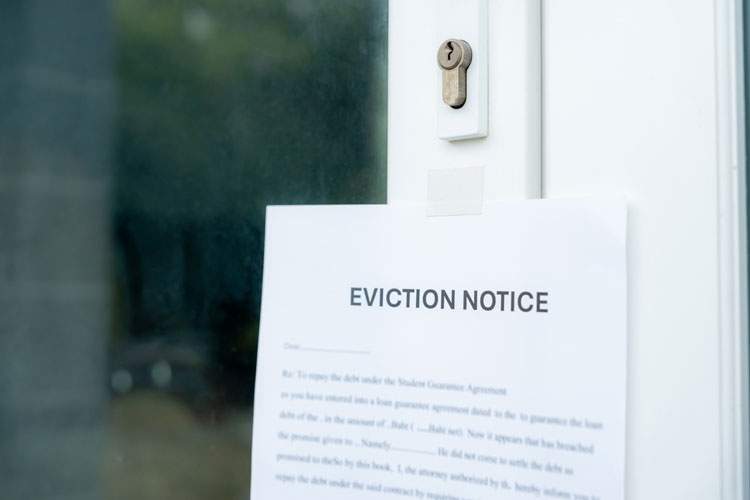Benefits of Hiring an Eviction Law Firm
In the complex realm of property management, landlords often face challenging situations, one of which is dealing with problematic tenants. Evicting a tenant can be a legally intricate process, fraught with potential pitfalls and complications. That’s where the expertise of an eviction law firm comes into play. While some landlords may attempt to handle evictions on their own, the benefits of enlisting professional legal assistance are undeniable. Let’s delve into why hiring an eviction law firm can be advantageous:
Legal Expertise: Eviction laws can vary significantly from one jurisdiction to another, and they often undergo changes. Navigating these legal complexities demands a deep understanding of landlord-tenant laws, court procedures, and documentation requirements. Eviction law firms specialize in this area, ensuring that landlords remain compliant with all legal obligations throughout the eviction process.
Streamlined Process: Attempting to navigate the eviction process independently can be time-consuming and arduous. Eviction law firms streamline the process by handling all legal aspects efficiently. From drafting and serving eviction notices to representing landlords in court proceedings, their expertise ensures a smoother and faster resolution.
Mitigation of Risks: Evicting a tenant involves inherent risks, including potential legal disputes and financial losses. An eviction law firm helps landlords mitigate these risks by ensuring that all actions taken are legally sound. By adhering to proper procedures and documentation, they minimize the likelihood of complications that could result in costly delays or liabilities.
Effective Communication: Communication with tenants during the eviction process requires a delicate balance. Emotions can run high, and misunderstandings may escalate tensions. Eviction law firms act as intermediaries, facilitating clear and professional communication between landlords and tenants. This helps to de-escalate conflicts and increases the likelihood of reaching amicable resolutions when possible.
Court Representation: In cases where evictions escalate to court proceedings, having legal representation is invaluable. Eviction law firms advocate on behalf of landlords in court, presenting their case persuasively and effectively. Their expertise in litigation ensures that landlords’ rights are protected and that the legal process unfolds in their favor.
Efficient Resolution: Time is of the essence in eviction cases, especially when non-paying tenants are occupying valuable rental properties. Eviction law firms prioritize efficiency, working diligently to achieve swift resolutions. Their proactive approach helps landlords regain possession of their properties and minimize financial losses associated with prolonged vacancies.
Comprehensive Support: Beyond eviction proceedings, eviction law firms offer comprehensive support to landlords throughout the entire tenant management process. Whether it’s drafting lease agreements, conducting background checks, or providing legal advice on landlord-tenant disputes, they serve as trusted advisors, ensuring landlords are equipped to handle various situations effectively.
Eviction Law Firm
In conclusion, hiring an eviction law firm offers numerous benefits for landlords facing the challenging task of removing problematic tenants. From legal expertise and streamlined processes to risk mitigation and effective communication, their services are instrumental in achieving successful outcomes while safeguarding landlords’ interests. By entrusting eviction proceedings to experienced legal professionals, landlords can navigate the complexities of tenant eviction with confidence and peace of mind. Call 877-573-8428




